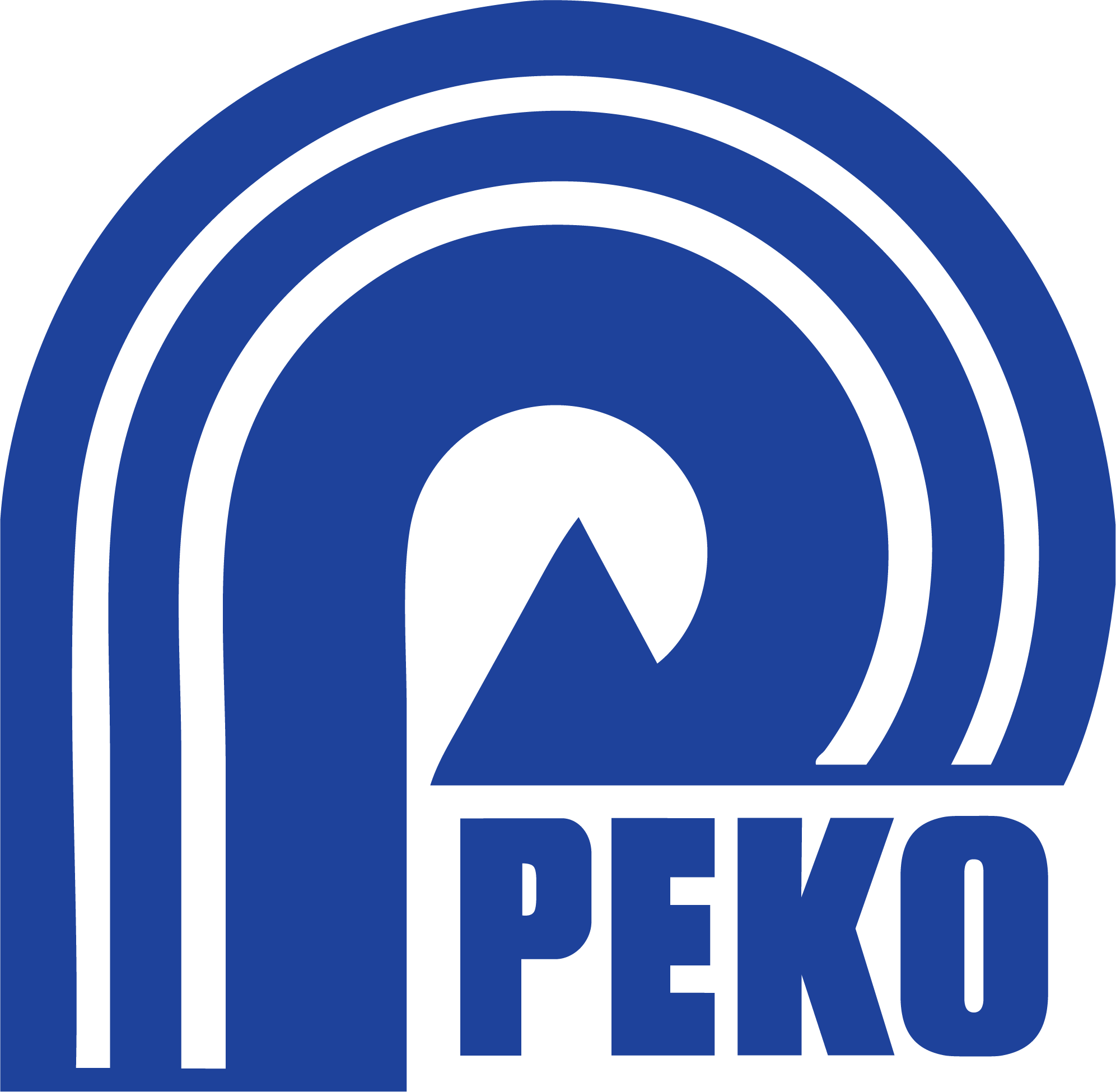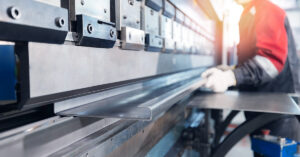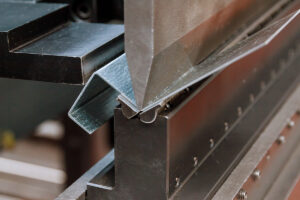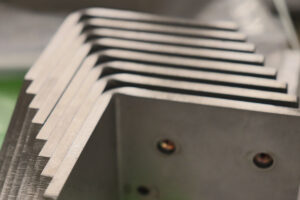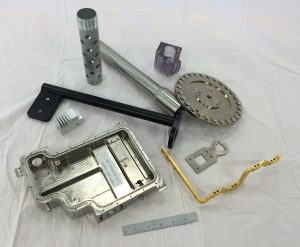 There’s nothing wrong with high-volume CNC machine shops. In fact, they fill a very important niche in the market. But in some instances, it is better to go with a low-volume machining contract manufacturer.
There’s nothing wrong with high-volume CNC machine shops. In fact, they fill a very important niche in the market. But in some instances, it is better to go with a low-volume machining contract manufacturer.
Skilled, Experienced Employees
High-volume machine shops operate much differently than their low-volume counterparts. Not to say they can’t create quality products, but the sheer volume of units per order creates a completely different structure for manufacturing operations and personnel.
With a low-volume precision CNC machine shop, the focus is on quick setups. This is a trick of the trade that is disappearing from many manufacturing industries these days. It takes a highly skilled team of workers to be able to set up machines quickly and effectively.
Quick Turnaround Time
Low volumes and short runs mean parts get off the machine quickly so that the next part can get started. Low-volume precision CNC machine shops have low setup times because of their skilled and experienced employees. Because of their long-standing experience, these employees also have a much deeper understanding of ERP systems, meaning that they have a good understanding of your business and can integrate their work into your plan quickly, efficiently, and in a high-quality manner. A higher quality of work also means that products pass inspection quicker, allowing you to receive your order in a timely manner.
Your Business Is a Priority
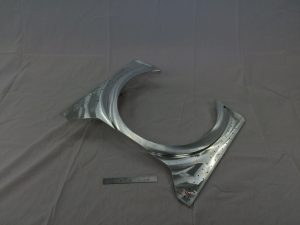
High-volume machine shops tend to have one large customer and a few smaller ones. This one large customer is typically responsible for the bulk of their business, so the high-volume machine shops must cater to the needs of that customer above all others.
So, what does this mean for you? It means that if the big “more important” customer puts in an order, that your order likely gets put on the back burner. Or worse, if your order is already in progress, they may rush it through completion and inspection, resulting in the delivery of an inferior product.
On the other hand, low-volume machine shops have many small customers, which means that everyone is treated equally across the board and that your business matters to them. Consequently, these low-volume shops will complete small orders with improved accuracy, because they don’t have to rush through your order.
Reduced Overhead Costs
Low-volume precision CNC machine shops need to output high-quality products. To do so, an in-house machine shop will have to incur significant overhead expenses, including wages/salary for a skilled workforce and capital equipment, among other things.
You will not only need a skilled team of workers on the floor but also a competent management team. We’ve all heard the saying “you get what you pay for,” so hiring a high-quality management team often means paying high salaries. When coupled with the cost of skilled workers, a low-volume in-house machining operation can get very costly, very quickly. More employees also mean more work for your human resources department, preventing them from concentrating on other areas of your company.
Also, in order to meet all your needs, a machine shop needs a wide variety of equipment. In addition to these initial expenses, machine shops need to frequently update their equipment to keep up with emerging technologies. This is true of both in-house and independent shops. Since the cost of purchasing and upgrading equipment is high, an in-house machine shop can become a drain on your company’s resources.
Certifications & Regulatory Compliance
Most precision machine shops are ISO 9001 certified, but if you operate in the defense, medical, or semiconductor sector, you’ll probably want more proof that your high-tech product is going to be manufactured with care and quality. Since most low-volume precision CNC machine shops want to enter a niche category, they often have to get certifications such as the Medical ISO 13485 or Aerospace AS9100. This is a measure of their commitment to meeting your needs and lets you rest easy knowing that your order will be completed with the highest possible quality.
When on the search for a precision machining provider, your evaluation team has their work cut out for them in determining if potential candidates can truly “cut it” when it comes to meeting your very individualized precision CNC machining needs. Here at PEKO, we have been doing low-volume machining, sheet metal fabrication, assembly, and welding for decades, and we encourage you to submit your project details if you are on the search for a low-volume precision CNC machine shop partner.
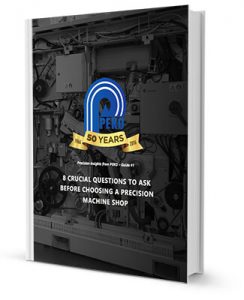 Still unsure how to sort the great from the decent or not-so-good precision machine shops? To help you in evaluating and selecting your ideal partner, we’ve prepared a list of eight critical questions to ask and consider when choosing a partner for your low-volume precision CNC machining needs.
Still unsure how to sort the great from the decent or not-so-good precision machine shops? To help you in evaluating and selecting your ideal partner, we’ve prepared a list of eight critical questions to ask and consider when choosing a partner for your low-volume precision CNC machining needs.
Share article:
